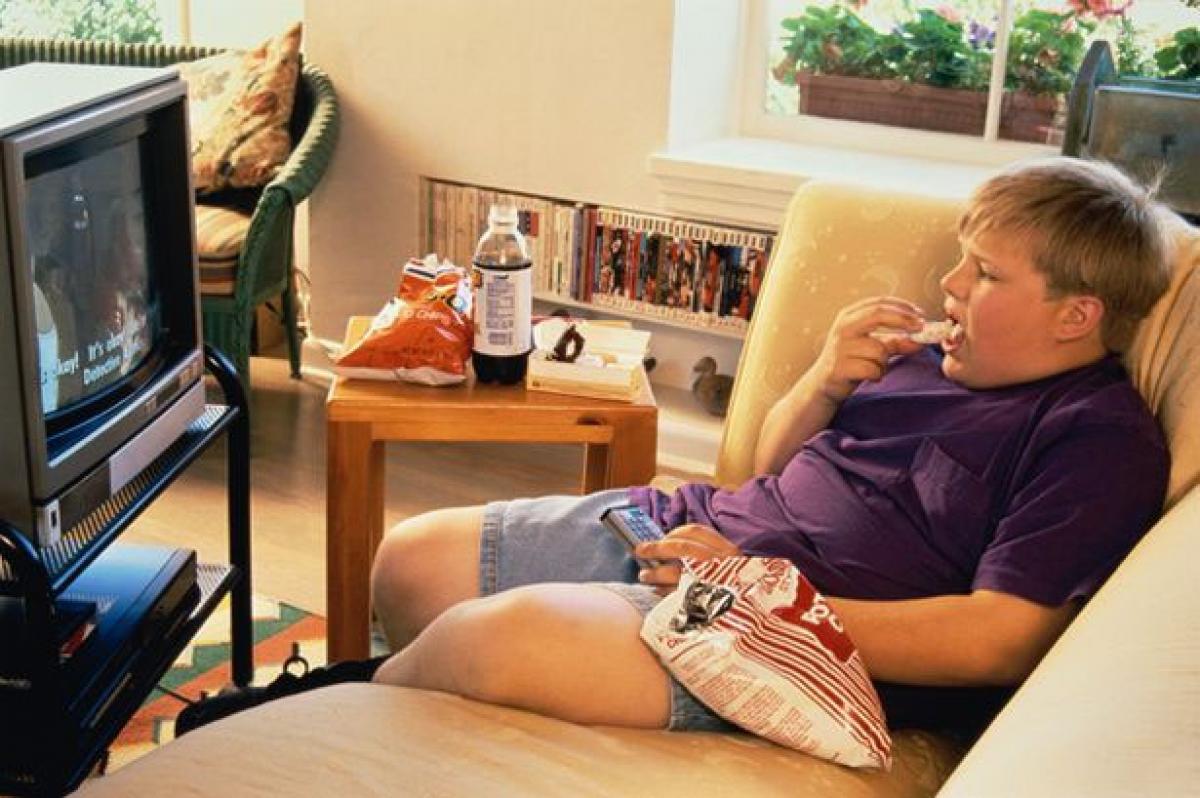Live
- Mahayuti’s Maha win
- Passed exam of democracy: Soren
- Politics of lies defeated: Modi
- Ruling parties hold sway in bypolls
- Returnable plots allotted to Amaravati farmers
- Godavari to quench Hyderabad thirst
- Nov 30 last date for submissions for Governor’s Award
- Do not collect pictures as trophies
- AP to receive rains as low Pressure in Bay of Bengal to turn depression
- Officials told to focus on popularising welfare schemes
Just In

x
Highlights
Children consume more high-calorie food such as cookies and candy after observing egg-shaped cartoon characters that they perceive to be overweight, a study said.
Children consume more high-calorie food such as cookies and candy after observing egg-shaped cartoon characters that they perceive to be overweight, a study said.
.jpg)
Children tend to perceive ovoid, or egg-shaped, characters as overweight even though the creatures are imaginary, and seeing them can influence children to eat more unhealthy food, found the study.
"They have a tendency to eat almost twice as much indulgent food as kids who are exposed to perceived healthier looking cartoon characters or no characters at all," said lead author of the study Margaret Campbell, marketing professor at the University of Colorado Boulder in the US.
The results of the study published in the Journal of Consumer Psychology said that kids are responsive to the apparent bodyweight of cartoon characters like the aptly named Grimace, a rotund, milkshake-loving creature created by McDonald's restaurant in the 1970s.
The findings -- gathered from over 300 participants in three age groups averaging eight, 12 and 13 years -- have implications for marketers as well as parents navigating a world where children encounter cartoon characters in a variety of media, from books to graphic novels, TV shows, video games, movies and more.
The inclination to eat more junk food was curtailed, however, when kids in the study first had the opportunity to summon their previously learned health knowledge.
"This is key information we should continue to explore."
"Kids do not necessarily draw upon previous knowledge when they are making decisions. But perhaps if we are able to help trigger their health knowledge with a quiz just as they are about to select lunch at school, for instance, they will choose the more nutritious foods," Campbell said.
More On

Next Story
More Stories
ADVERTISEMENT
© 2024 Hyderabad Media House Limited/The Hans India. All rights reserved. Powered by hocalwire.com







